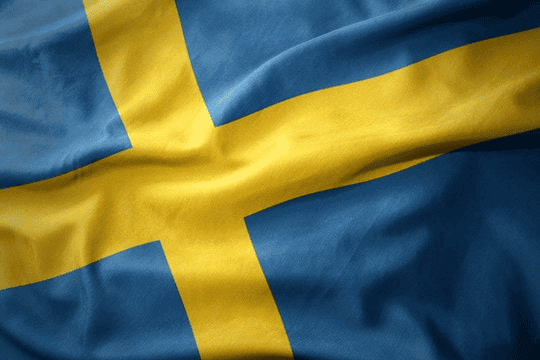
The Role of Laws and Regulations
Swedish society is highly regulated, with rules governing everything from labor rights to environmental standards. Laws are designed to ensure fairness, transparency, and protection for individuals. Following regulations is seen as part of being a good citizen.
Equality and Inclusion
Sweden emphasizes equality, both in law and culture. Discrimination based on gender, religion, disability, or background is prohibited, and diversity is encouraged. These principles shape workplaces, schools, and public debate.
Everyday Rules You Notice
In daily life, rules show up in small but important ways. Queuing in order, respecting recycling systems, and keeping quiet on public transport are expected behaviors. These social rules contribute to order and predictability.
Participation in Democracy
Citizens are encouraged to take part in elections, join associations, and voice opinions. Sweden’s democracy depends on active participation, and rules around transparency and accountability are central to keeping trust in the system.
Looking Ahead
As Sweden changes, so do its rules and social norms. Technology, migration, and global issues like climate change push new debates about how the welfare model should adapt in the future.
Continue reading

Here You Can Stream Pippi Longstocking for Free (Legally)
Watch the classic Swedish Pippi Longstocking series anywhere in the world.

How many immigrants live in Sweden?
The question of how many immigrants *really* live in Sweden is statistical, political, and cultural at once. Official numbers exist, but how they are defined and perceived varies widely.

11 Ways to Find Work in Sweden
For newcomers, Sweden’s job market can appear daunting. But with the right mix of official channels, personal initiative, and cultural awareness, the path to employment becomes far more navigable.
